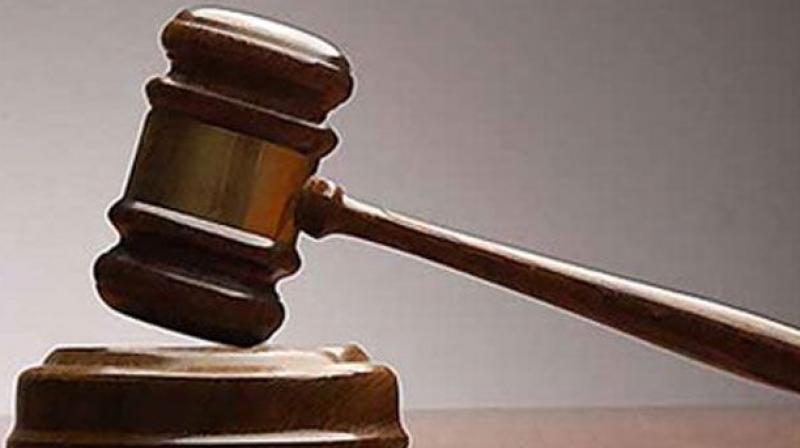Laws in India fail to protect media sources

The law in India is in a precarious state on a vital aspect of freedom of the press: the lack of statutory protection of a journalist’s sources. The fundamental right to freedom of speech and expression includes press freedom. This covers an entire process from news gathering, editorial judgement, publication and distribution of printed matter. Press freedom covers all four stages. Curb any of them and press freedom is curbed in its entirety. Of them all, the least understood is the scope of the first stage — the collection of news. It is a reporter’s need and duty to protect the identity of the source of his information. Else, vital information of concern to the people in a democracy would be suppressed. Journalists regard the protection of sources as a matter of professional honour.
In 1963, Lord Cyril Radcliffe inquired into a spy ring in the Admiralty. Two journalists refused to answer questions germane to the inquiry because they entailed disclosure of their sources. Their claim to protection of sources was rejected, and they went to prison. On July 6, 2005, Judith Miller, an investigating reporter for the New York Times, refused to divulge the name of a source. She told the judge: “If journalists cannot be trusted to guarantee confidentiality then journalists cannot function and there cannot be a free press.” She spent 85 days in prison and secured her release only after her informant (I. Lewis ‘Scooter’ Libby) gave her permission to reveal his identity. Three bills were introduced in Congress to provide protection for sources. They were far narrower than the privileges provided by state laws, called “shield laws”. The US Supreme Court had failed dismally. In a leading case, Branzburg vs Hayes, the court was badly split (5-4). Justice Powell’s concurring opinion with the four became the law. It did not suffer from excess of clarity. He let “the balance” of vital interests to be decided in the future “on a case by case” basis.
British case law has had its zigzags, but amidst some splendid dissents. In 1981, Lord Salmon said: “The immunity of the press to reveal its sources of information save in exceptional circumstances is in the public interest, and has been so accepted by the courts for so long that I consider it is wrong now to sweep this immunity away… The freedom of the press depends on this immunity. Were it to disappear so would the sources from which its information is obtained; and the public would be deprived of much of the information to which the public of a free nation is entitled.” Section 10 of the Contempt of Courts Act 1981, enacted in the UK, reads: “No court may require a person to disclose, nor is any person guilty of contempt of court from refusing to disclose, the source of information contained in a publication for which he is responsible unless it is established to the satisfaction of the court that it is necessary in the interests of justice or national security or for the prevention of disorder or crime.” Some judges relaxed the word “necessary”.
A journalist who had lost in the courts in the UK took his case to the European Court of Human Rights. It ruled in his favour: “Having regard to the importance of the protection of journalistic sources for press freedom in a democratic society and the potentially chilling effect an order of source disclosure has on the exercise of that freedom, such a measure cannot be compatible with Article 10 of the (European) Convention (on Human Rights) unless it is justified by an overriding requirement in the public interest.” Since Article 10 of the Convention is of the same tenor as Article 19 of the Indian constitution — and presumably of similar provisions in other constitutions — the ruling is a highly persuasive authority. It does not, however, dispense with the need for legislation that explicitly protects journalists’ sources while giving the courts power to order disclosure on specified grounds in compelling circumstances.
By arrangement with Dawn

